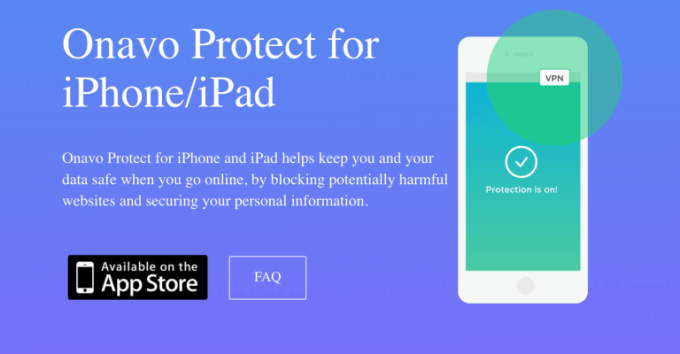The Japanese spacecraft Hayabusa 2 has just completed the next phase of its multi-part, multi-year mission by shooting a bullet into the asteroid it had been circling and returning to space.
Hopefully, the spacecraft has been able to collect samples of asteroid material kicked off from the surface by the impact from the specially made bullet that the Hayabusa craft shot.
The landing and mining mission is the sequel to an earlier mission (the first Hayabusa voyage), which was a seven year voyage during which the spacecraft observed an asteroid, collected samples and returned to Earth.
Scientists said that collecting material from the Ryugu asteroid could offer clues to support a hypothesis of how water and life formed on the surface of the Earth in the early days of the planet’s formation. Ryugu is a near earth asteroid that scientists have identified as carbon-rich (a C-type), which may have water in their rocks.
Japan’s Hayabusa 2 is expected to return to Earth in 2020 with its rocky haul.
According to the rocket’s Twitter feed the rocket began its descent roughly 20 kilometers above the asteroid’s surface in the early hours of the 21st and touched down a few hours ago.
The descent and collection was supposed to take place last year, when the spacecraft deployed two rovers on the surface of the asteroid to scout its geography. Those rovers relayed images of a terrain that was a bit more rocky than scientists had expected, so more planning had to be done before the mission could be carried out.

